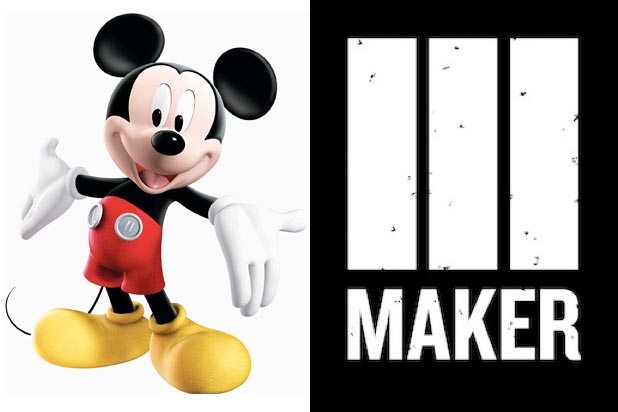By Daniel Holloway, The Wrap
Excerpt
Recent signs at the Disney-owned multichannel network are troubling, but there’s no reason yet to panic
August has been the hottest month for Maker Studios. The millennial-courting, digital-facing multichannel network, which Disney acquired with much fanfare in March 2014, has shown signs of struggle.
The sale price that Disney paid for Maker, once thought to be as high as $950 million when the deal was finalized in March 2014, will turn out to be closer to $700 million as Maker has met some — but not all — of the revenue goals laid out by Disney, TheWrap has learned.
Synergies with the media giant have been slow to materialize — though Maker did on Monday launch a talent incubator with Disney XD — as its less corporate employees report frustration with studio bureaucracy, insiders tell TheWrap.
The shift reflects a new reality for Maker and other MCNs seeking to grow big-media revenues out of groups of digital new-media stars.
“YouTube isn’t the once thriving place for everybody — there’s just not enough money to go around,” Brian Solis, principal analyst at Altimeter Group, told TheWrap. “Maker’s having to rethink how it’s going to compete in this new world.”
Disney’s Maker purchase was the peak of a buying spree that saw legacy media pour tens, sometimes hundreds of millions of dollars into MCNs — DreamWorks Animation into AwesomenessTV, Warner Bros. into Machinima, AT&T and the Chernin Group into Fullscreen.
But Disney-Maker, with its possible price tag so close to a headline-friendly billion dollars, caused the most ruckus. “One group of folks saw the $1 billion as the promise of the new Hollywood and representative of this new model that was being built out,” Solis said. “The other camp felt that 1 billion was not a number that was going to be achievable.”
Solis likes Maker’s strategy of staying true to its YouTube roots while diversifying across multiple other platforms. And he views the fact that Disney is paying some of its earn-outs on the Maker deal, even if it’s not paying all of them, as a positive.
“I’m glass half full,” said Solis. “It’s not a reflection of the promise of this new Hollywood, it’s just a reflection of the performance metrics that were put in place. It represents a more realistic view of Maker’s performance.”
Read the full article.



Leave a Reply